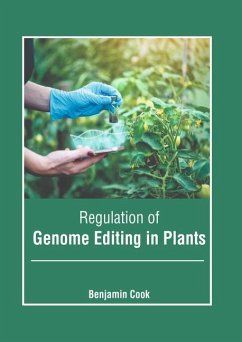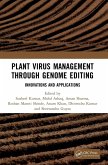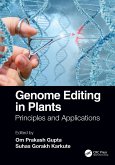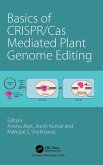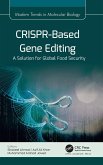Genome editing in plants is a transformative biotechnological tool that enables precise modifications in plant DNA, facilitating advancements in agriculture and plant science. Techniques like CRISPR-Cas9 allow targeting specific genes for editing, resulting in desired traits such as increased yield, pest resistance, and improved nutritional content. In many countries, the regulation of genome-edited plants is often determined by the intended outcome rather than the process itself. Regulatory frameworks typically distinguish between organisms with foreign DNA introduced (transgenic) versus those where the DNA changes could have occurred naturally (non-transgenic). Key aspects of regulation include risk assessment of the edited plant's characteristics, environmental impact assessments, and consideration of potential socio-economic impacts. Overall, genome editing in plants represents a significant leap forward in our ability to tailor crops to meet global challenges, promoting a more resilient and sustainable agricultural future. This book is a valuable compilation of topics, ranging from the basic to the most complex advancements in the field of genome editing in plants. While understanding the long-term perspectives of the topics, the book makes an effort in highlighting their impact as a modern tool for the growth of the discipline. The extensive content of this book provides the readers with a thorough understanding of the subject.
Bitte wählen Sie Ihr Anliegen aus.
Rechnungen
Retourenschein anfordern
Bestellstatus
Storno

